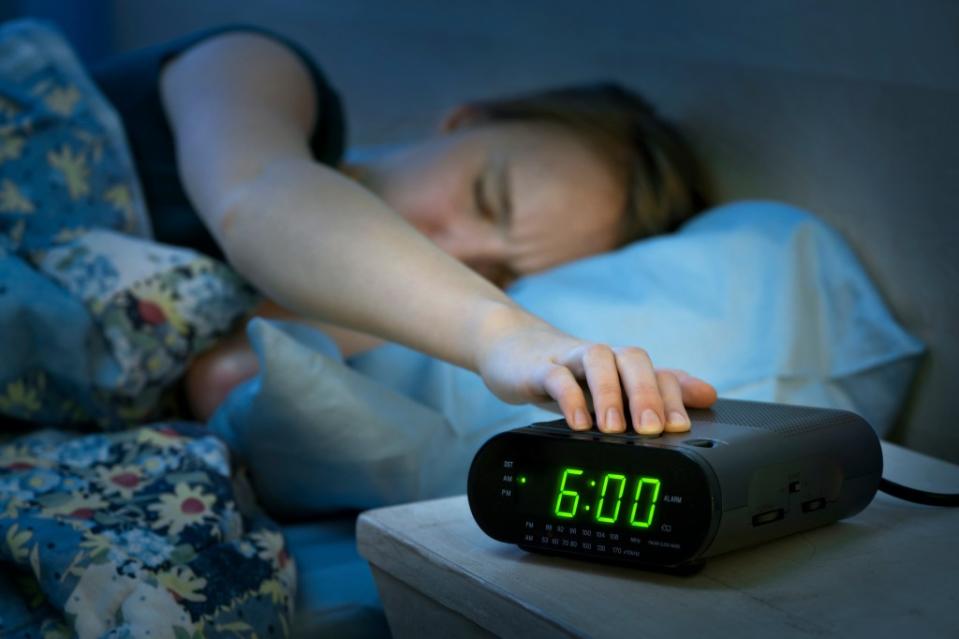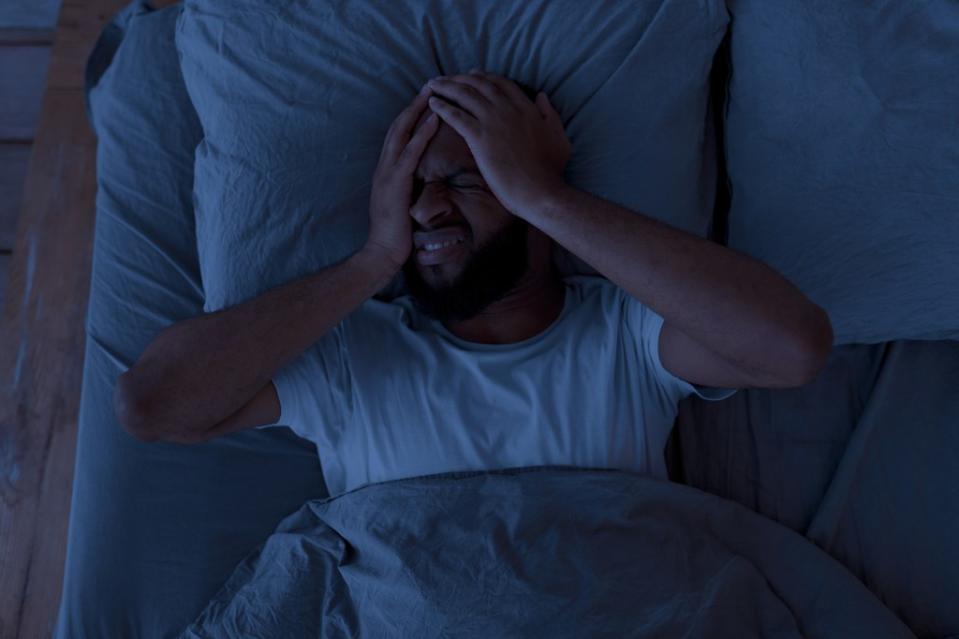4 morning habits to ditch for a happier day — and 5 to do instead

Not a morning person? Here’s how to change that.
The secret to consistently happy mornings isn’t hard — it just takes a little practice and discipline, said Dr. Michele Leno, a licensed psychologist and the founder of DML Psychological Services in Michigan.
Below are four habits to ditch in the mornings — and five you should start doing instead.

DON’T: Dive into emails to get a jump-start on the day
You might think you’re getting ahead, but Leno said you’re probably not — instead you might just be adding unnecessary stress to your morning.
You may have heard the oft-repeated advice to not reach for your phone first thing in the morning. But while there are a number of studies that link phone usage before bed to poor sleep quality, evidence around morning usage is less definitive.
One study showed that taking a “phone break” didn’t really allow your brain to have an actual break. So if you’re checking your phone first thing and immediately feeling like your brain has been sent into overdrive, that could be why.
On the other hand, as wellness expert Christy Harrison recently pointed out in her Substack, waking up and checking her phone helps her to feel “connected, however fleetingly, to the world of ideas, of culture, of complex thought.”
So if waking up and reading a few news stories or briefly checking social media to see what your friends are up to genuinely makes you feel happier and helps you ease into your day, keep it.
But if you’re waking up only to immediately dive into your workday — it’s probably time to reevaluate.

DON’T: Wake up to a loud alarm clock
While you might need noise to wake up, you should experiment with different sounds or alarm clocks that allow for a more gradual sleep-to-wake experience.
“That big sound that wakes you up can cause a lot of anxiety,” Leno explained. And while she said she understands that people might sleep deeply, a blaring alarm that jolts you awake isn’t the way to go.
“Figure out what’s more soothing,” she said. “There’s enough things that cause us anxiety in the world.”
DON’T: Try to immediately problem-solve
It’s normal to feel a bit groggy when you first wake up. That feeling is called sleep inertia, and it normally lasts for 15 to 60 minutes. Though scientists don’t exactly know why it happens, they hypothesize that it could be a protective measure — to help you fall back asleep during unexpected or unwanted wakings throughout the night.
The point is that when you initially wake, your brain isn’t in tip-top form.
“Don’t try to problem-solve first thing in the morning,” Leno advised. “I was very guilty of that, trying to figure out how I’m going to fix some things, how I’m going to figure it out.”

DON’T: Focus on the stuff that went wrong yesterday
“This is a very, very difficult one,” Leno acknowledged. It’s easy to wake up and immediately think about something that frustrated you the day before, Leno said, and “whatever it might be, we consume ourselves with it.”
Instead, try to pull your mind away from the frustrating topic. It’s tough. And it will take some practice.
“It doesn’t mean you’re not going to think about it at all throughout your day, but try not to wake up thinking about it,” Leno counseled. “And you may try it one morning, and it doesn’t work, the next morning, it doesn’t work. And you try it the next morning — and it works.”
As with most of these recommendations, sticking with them is key.
Now that you know the habits you should quit, here are some science-backed ways to start your day on a brighter note.

DO: Start with a meditation and some deep breaths
“The first thing I do is try to start out with some type of meditation,” Leno shared. “And this doesn’t have to take up your day.”
Leno said that devoting a few minutes in the morning to deep breathing and calming your mind — whether you’re following a guided meditation or just breathing on your own — can help you feel more alert and clear-headed.
DO: Focus on what you want to happen — and make a list
Rather than starting your day by ruminating on what went wrong yesterday or what could go wrong today, think about the things you want to accomplish instead.
This sounds obvious, but it’s easy for negative “what ifs” to creep in.
“Even if you believe that your day or your days will be filled with chaos, start to visualize something positive,” Leno suggested.

DO: Hang something in your bedroom that makes you smile
If you don’t already have a piece of art or photograph that “sparks joy” hanging in your bedroom, get one now. Waking up and being immediately visually reminded of a fun vacation, a loved one or even just a piece of art you truly enjoy can be a great way to start the day.
DO: Move a little
This doesn’t have to be a full workout. You could gently stretch for a few minutes or practice a little yoga. If you’ve got the time and energy, Leno said, by all means, do a workout. But you can reap the mood benefits with just a little movement as well.
DO: Whatever you’re trying, stick with it
Undoubtedly, the hardest part of any habit is establishing it. Leno noted that although it might be tough to integrate these practices — and it might feel forced — the point is that you keep trying and stay disciplined.
“I believe you make time for the things that are important to you,” Leno said. And in time, your practices “will come naturally and you’ll want to do them.”


